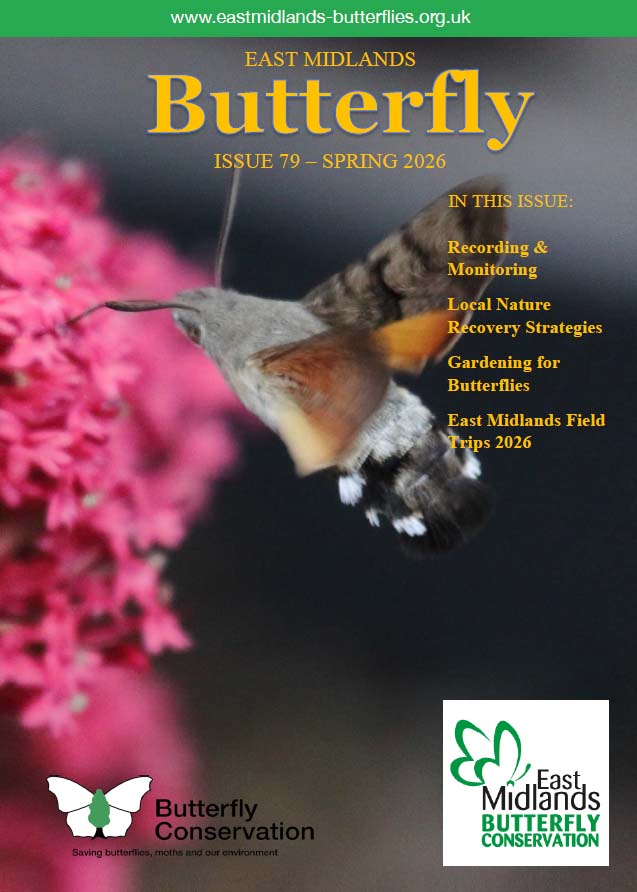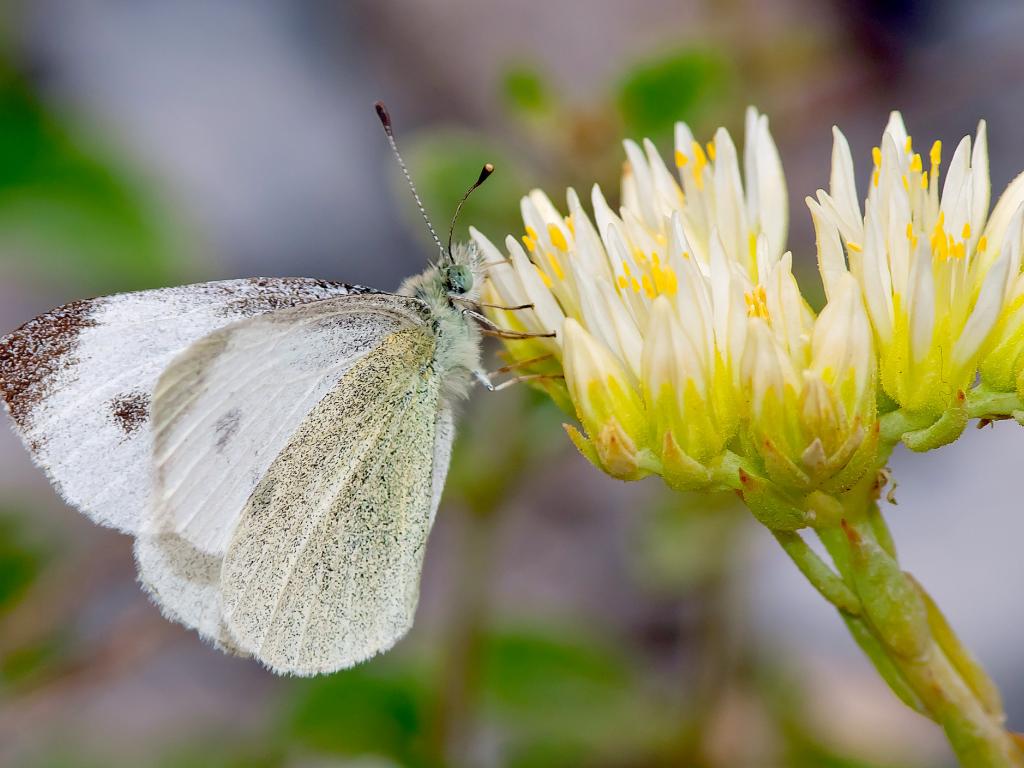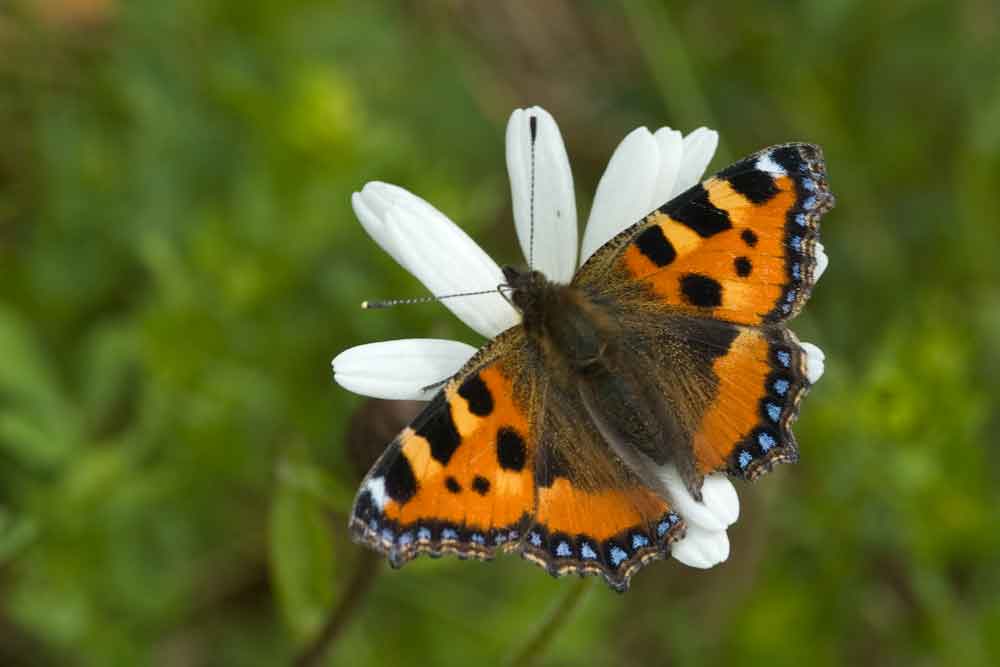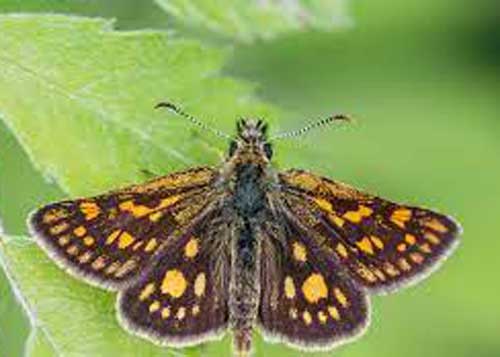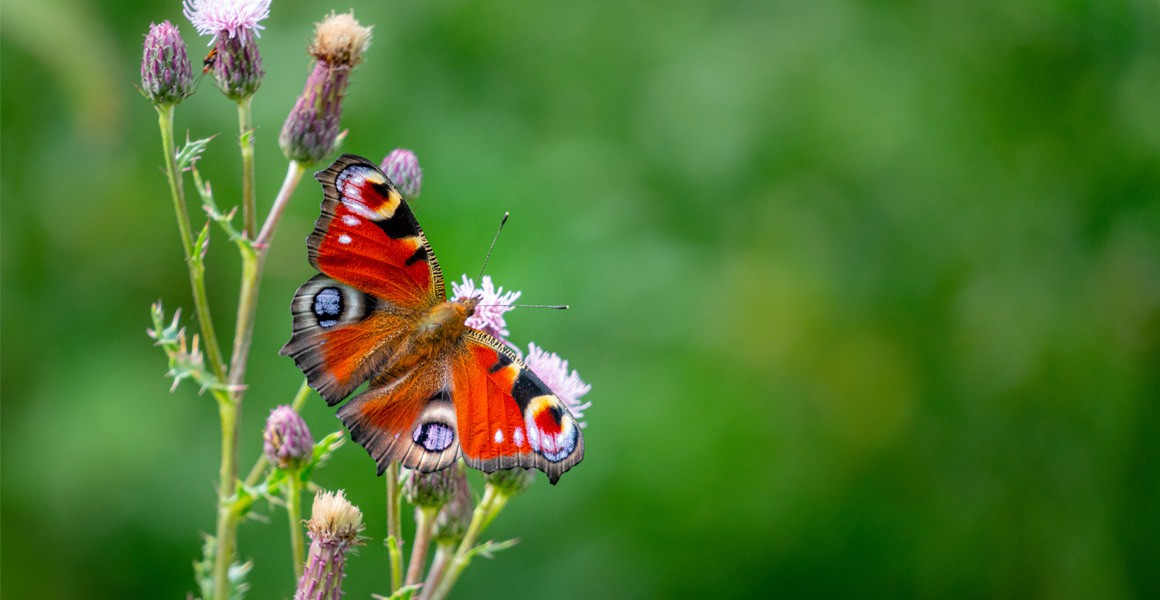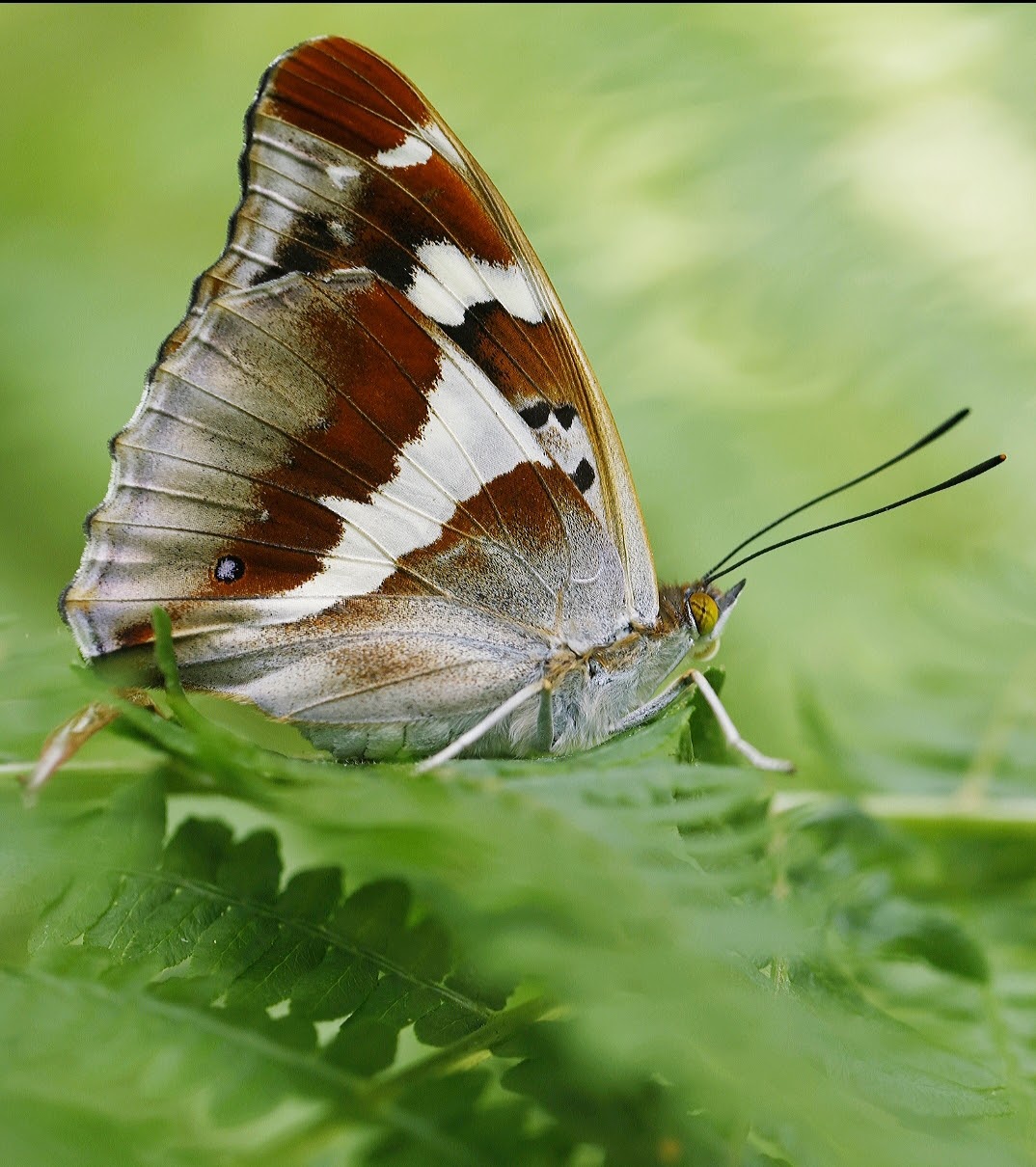
Welcome to the East Midlands Branch of Butterfly Conservation.
We cover the counties of Nottinghamshire, Leicestershire, Rutland and Derbyshire including the Peak District.
Butterfly Conservation is a membership organisation and has people with all sorts of interests and levels of knowledge - those who like looking at butterflies and moths in their garden, those who are fascinated by their life cycle, some who are true experts and want to pass on their knowledge to others and people who feel passionately about wildlife conservation.
The East Midlands Branch welcomes new members with any or all of the above interests. If you would like to find out more about joining Butterfly Conservation please contact our Membership Secretary.
The Status and Recorded History of Nottinghamshire’s Butterflies (1850-2023)
Published in February 2024 as a free, digital-only publication of 106 pages, and written and researched by Nottinghamshire Recorder Steve Mathers. Available HERE. See a presentation by Steve given to the 2024 BAG Intriguing Invertebrates Seminar above.
Extinct moth rediscovered after 73 years by accident
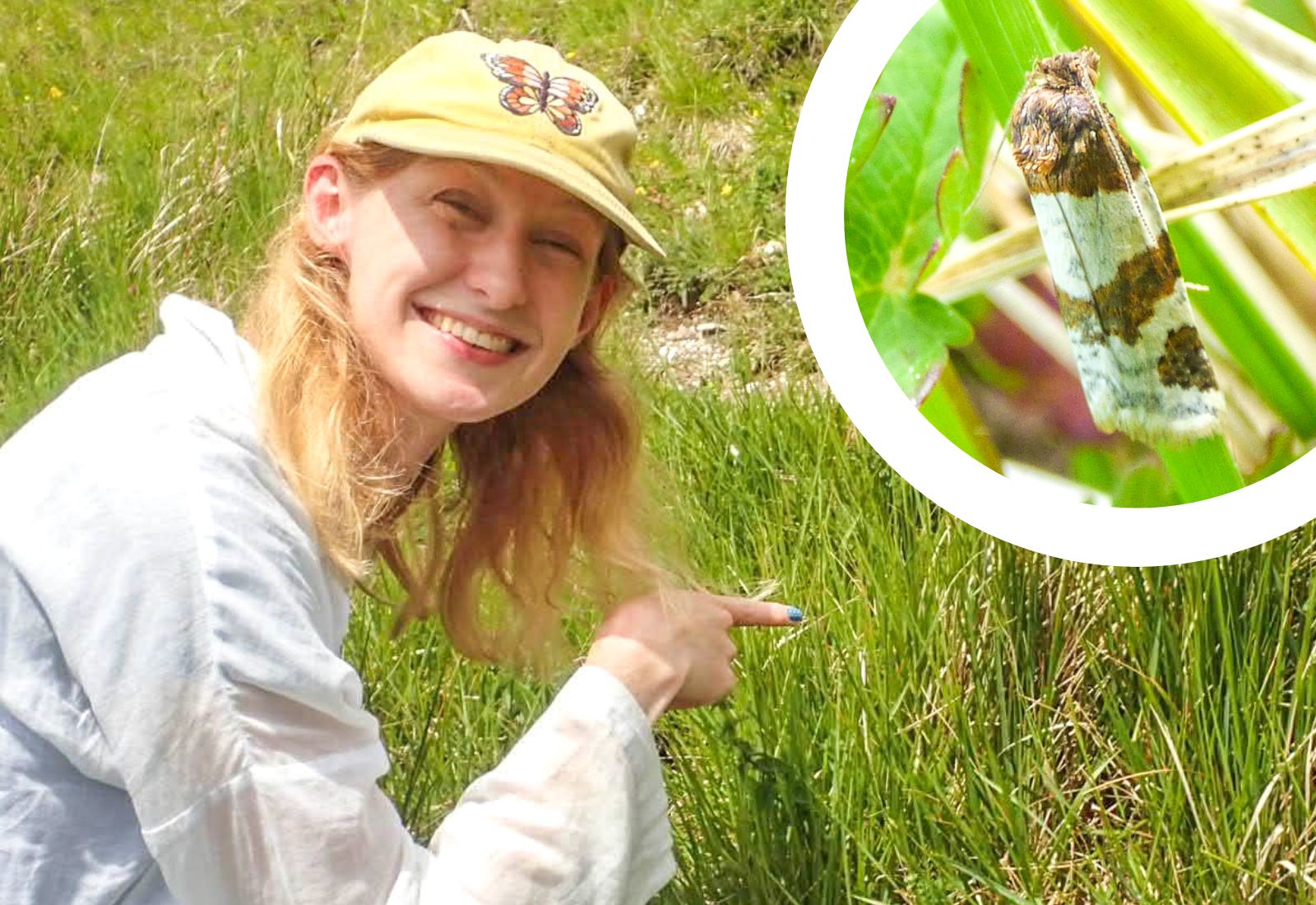
A Butterfly Conservation ecologist has spoken of her amazement after she accidentally rediscovered a moth that was thought to be extinct in England for 73 years.
Rebecca Levey stumbled on an entire colony of Dover Twist Periclepsis cinctana moths in Kent while conducting a survey for other species with volunteers.
Nottinghamsire Butterflies 2025
A Review by Steve Mathers
A Review by Steve Mathers
Southern Small White - now in Britain.
Photo by Adam Gor
Southern Small White (Pieris mannii) has been extending its range northwards from the Mediterranean this century and the first British record came from Cleveland in July 2025.
Chequered Skippers can be seen in England for the first time in 45 years
The Purple Emperor: An Idiosyncratic species with Dennis Dell
A talk delivered to the Yorkshire branch on 17th January 2022,
Tiger Moths - Flying in a postcode near you?
Click or tap on the Garden Tiger to see a feature researched and written by Stephen Mathers
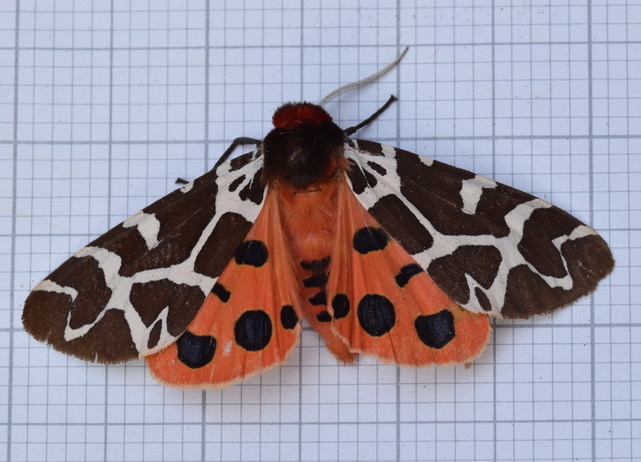
Garden Tiger by Steve Mathers
Brilliant Birdfair 2025
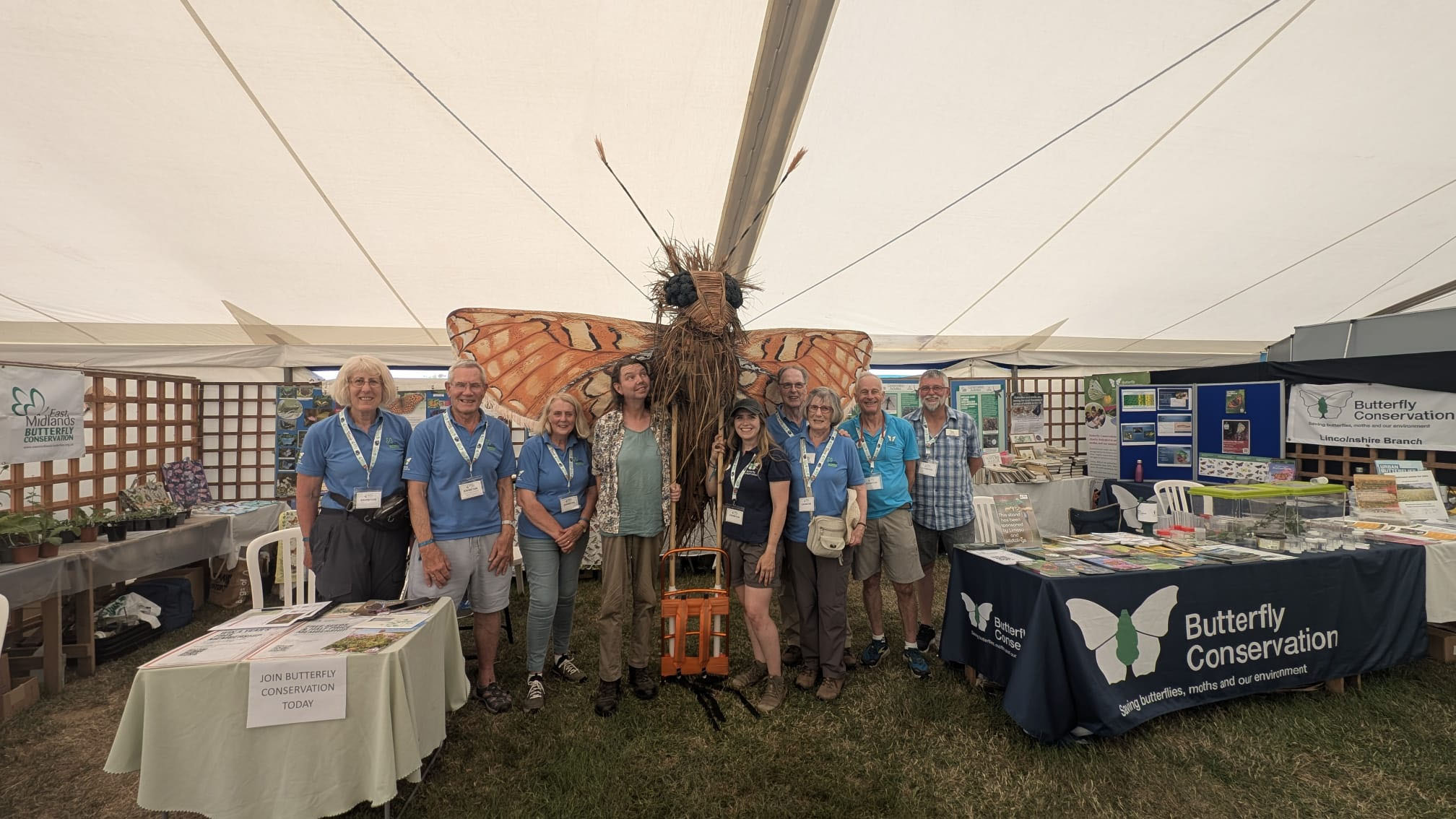
BC volunteers and staff had a brilliant few days in Rutland where lots of BC members, young and old were able to meet up.
Max and Christine sold over £200 of plants and the sales table took more than £1,400.
Head Office filmed the Youth Panel and Sophie brought along "Marshall" the Marsh Fritillary to promote the start of the Big Butterfly Count.
Photo shows: (L - R) Christine, Max, Jane, Melanie, Marshall the Marsh Fritillary, Sophie (Head Office), Geof, Margaret, Ian (Lincs) and Richard.
Big thanks to all, who were rewarded with ice creams - very welcome in the heat!
